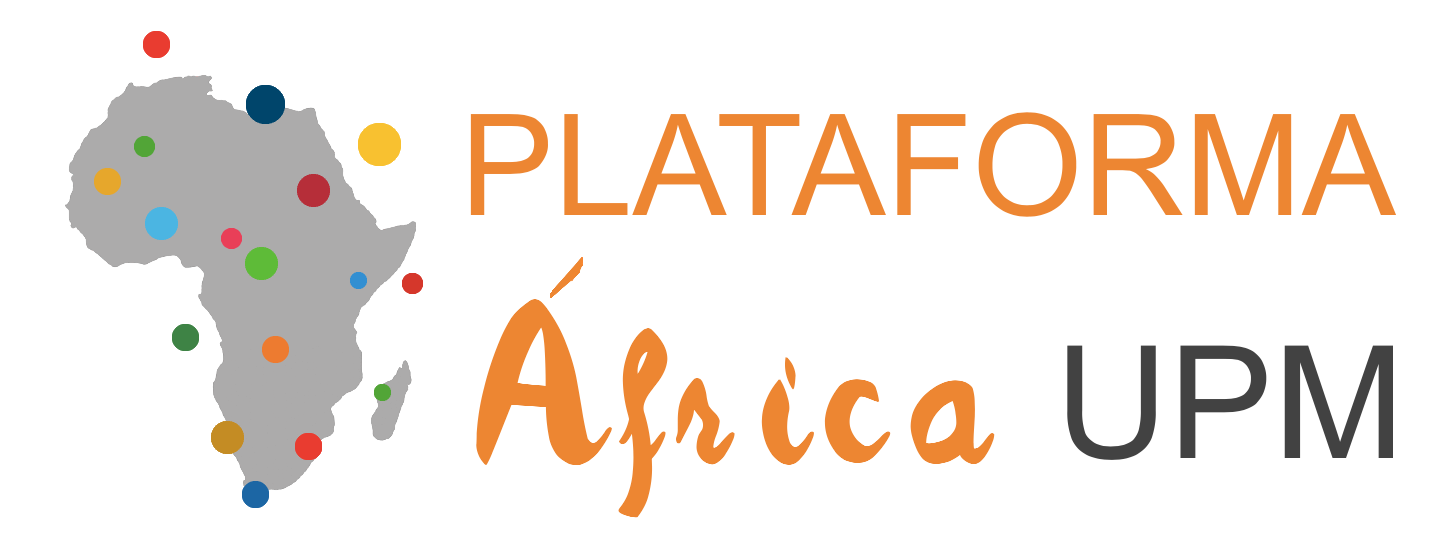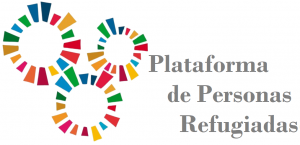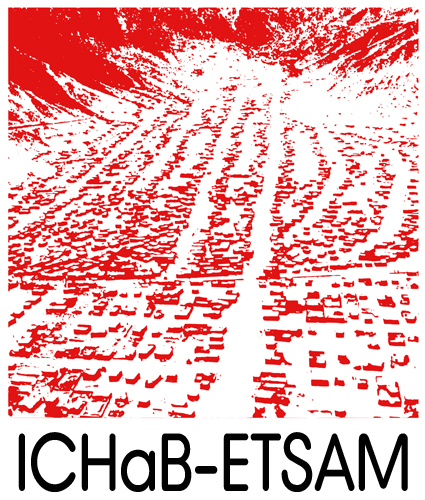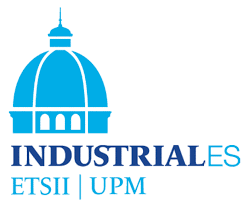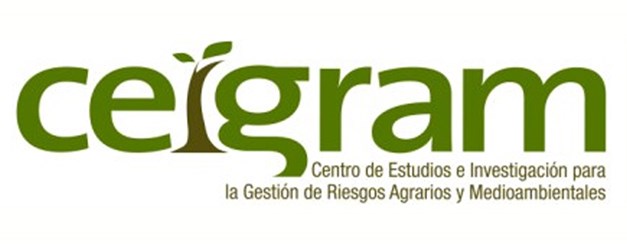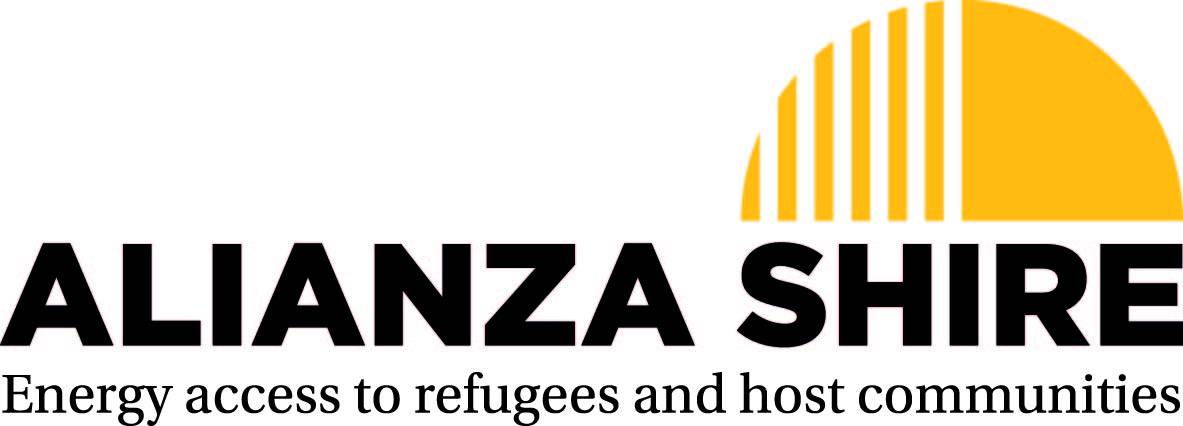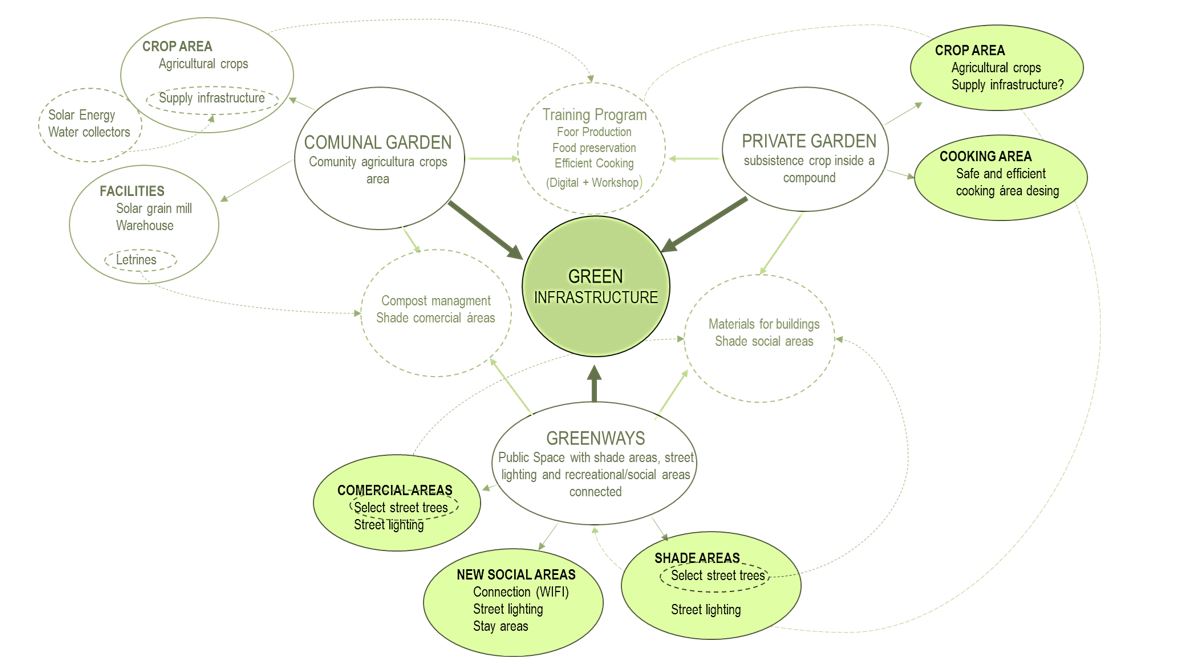The Shimelba Refugee Camp is one of four labor camps in the Shire Region of northern Ethiopia. It is the smallest of all and has a high percentage of people with various unmet needs.
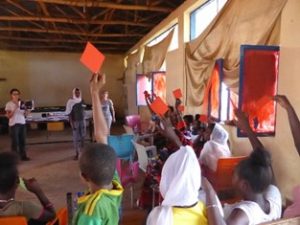
As the first case study in which the NAUTIA Methodology was applied, a mission to Shimelba was carried out in October 2018. The work team was made up of researchers from UPM and members of the Shire Alliance, with coordination in the field of the ZOA team, which organized the logistics and participated in the proposed activities.
During the mission, interviews were conducted with the entities in charge of managing the camp and the organizations active in the area, as well as the local government, the national energy supply company and the Committee of Refugees. Regarding the participation workshops, three sessions were held, two of them with the most vulnerable population (women and those under 18 years of age) and the third with a sample of the general population. Both the refugee community and the host community participated in the workshops, with the aim of promoting dialogue and integration. During the geolocated information survey work, the settlements were mapped and the information obtained from the bibliography was updated. Finally, surveys were conducted in both communities, which included all ethnic groups present in the sample.
For more information on the results obtained in the application of NAUTIA in Shimelba, click here
As part of the Platform’s commitment to improving the quality of life of refugees, the research staff traveled to the Saharawi Refugee Camps (SRC) in Tindouf to identify their needs and priorities, through the application of the NAUTIA methodology .
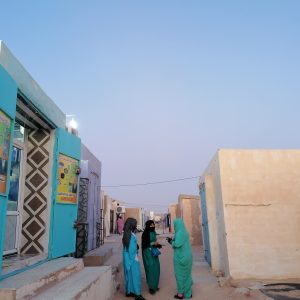
The Wilaya Smara was selected for being one of the most inhabited, with 50,700 people. The work team was made up of researchers from the UPM, with the coordination in the field of the team of the Spanish NGO Arenas del Desierto.
The Saharaoui Refugee Camps do not share space with their host community, due to the geographic location of the camps being far removed from it. So this preliminary study was carried out only with the refugee community.
The data collection mission in Smara began in December 2019, being distributed through the seven neighborhoods of Smara: Mahbas, Farsia, Jadria, Tifariti, Mahriz and Hauza. For this, it was necessary to identify key local actors and places of interest such as educational centers, health centers, social centers, sports centers, markets, orchards, businesses and hospitals. In the first place, geolocated information was collected in a sample of 20 homes for each neighborhood, allowing the collection of detailed data on infrastructures (water, sanitation, energy, waste management and transport), public spaces and productive areas (ecological gardens, fish farm, poultry farm, agricultural research and production center), urban services (educational centers, special educational centers, social aid centers, sports centers, health centers, hospitals, commerce), and housing.
For more information on the results obtained in the NAUTIA application in Smara, click here
